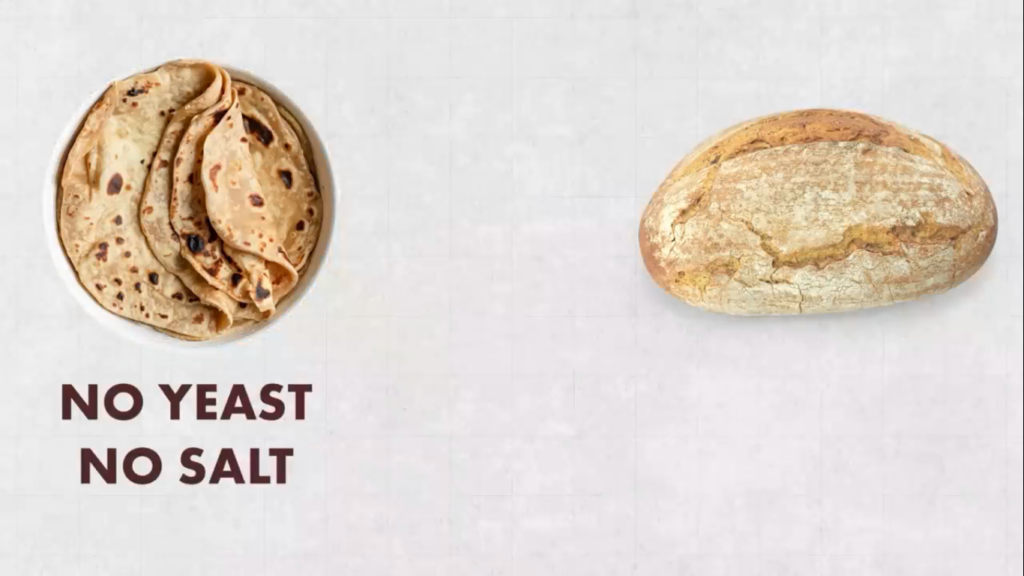In this reaction, ethanol is also released. As you know, ethanol is actually alcohol. What happens to the alcohol? When we put the fermented dough in the oven, and start baking it, the ethanol evaporates. The evaporating ethanol helps the bread expand more. The entire alcohol doesn’t evaporate, a part of it remains trapped. The American Chemical Society ran some experiments in the 1920s, and found that the alcohol content in breads may be between 0.04% to 1.9%.
This tiny amount of alcohol will not harm you. In fact, those scientists observed that this remaining alcohol enhances the flavour of the bread. The bread tastes better due to this. Friends, this is the traditional way of making bread. Humans have been using this method for centuries, all across the globe, to make breads.
In 1857, Louis Pasteur gave a scientific understanding of the fermentation process. After this, we came to know what is fermentation process actually. Before this, people were using this process without knowing what was happening. Our roti and bread differ in only two ways. While making rotis, we do not use yeast or salt. That’s why the rotis do not expand like the breads. And this is also why we cannot preserve the rotis for long. If you keep the rotis in room temperature, it wouldn’t be edible a day later. Since the rotis do not expand, we categorise it as a flatbread.





